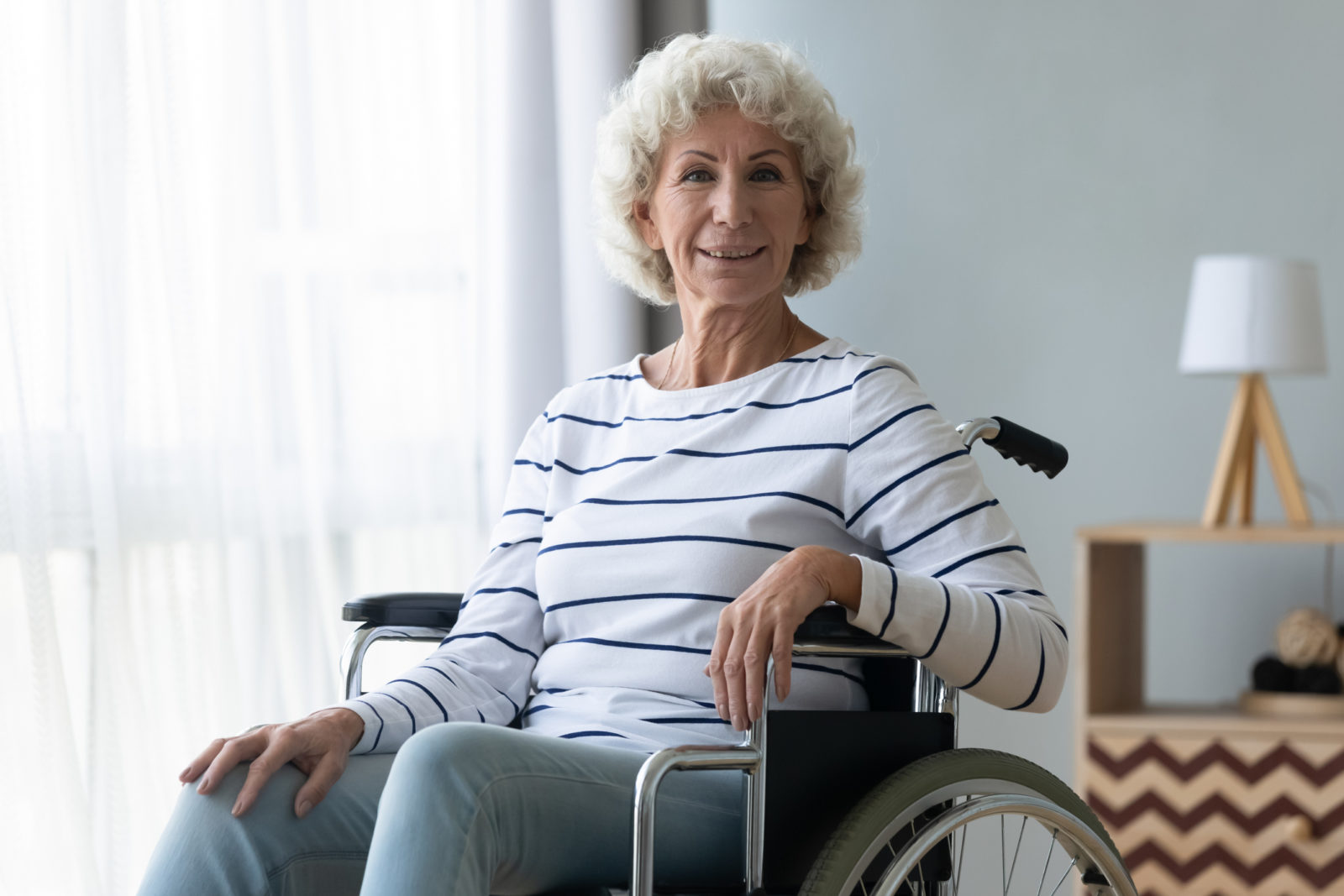Staying Independent as You Age

Every July we celebrate independence on a national scale. Why not celebrate it on a more personal level, too? At the same time that the U.S. population over age 65 is growing rapidly, so too is their desire to live independently and age in place.
When it comes to envisioning where we’ll live in our elder years, many people think first of group residences, such as independent living or assisted living. Those options may indeed be the best choice, depending on the individual’s needs and preferences. But there are plenty of ways for those who want to live at home to remain independent.
A little help goes a long way
Even people who are most insistent on living independently will acknowledge that they sometimes need help around the house. As we age, our bodies simply face more challenges doing things we once did without a second thought. Activities like using a ladder to clean an out-of-reach spot, for example, or going downstairs to a basement laundry room may be either a challenge or downright risky. Recognizing we need help is not a sign of defeat – and, perhaps most important, it may prevent an injury that could leave a senior needing even more help.
Family or friends who live nearby may be happy to take care of these tasks or to run errands. But sometimes even that might feel like dependence – a feeling that may be unwelcome after a lifetime of taking care of oneself or other people. As Aging Life Care Professionals®, we know that recognizing and working around aging-related limitations involves both emotions and practicalities. Our life care managers work compassionately with the aging individual and their family or friends to provide recommendations and resources for living independently. We address a full range of needs, including:
- Service needs: Does the elder need supportive services such as home care, home-delivered meals, social engagement, or support with medication management?
- Environmental safety concerns: Is the home in a safe condition to live in, and is it mobility friendly? Are there any potential hazards? Is safety equipment needed?
- Physical health: Does the person need assistance with medical conditions or managing their medications? Do they have mobility issues?
We conduct a full assessment around these and other areas so we can get a full picture of the individual’s physical, cognitive, and emotional health. Then we provide recommendations to help the person continue living independently. We’ll ensure the elder receives the ongoing or one-time services they need, make the most of publicly available services, and minimize out-of-pocket expenses.
While most older people want to remain independent for as long as they can, we understand that every elder and family is unique. There are no “cookie cutter” solutions to maintaining independence. We promise to work closely with each individual to ensure they can maximize their autonomy.
Please call our office any time to speak with our leadership team to learn more about our services and how we can assist you. You can also click here to schedule a time in advance, or complete the form on this page. We’ll respond as quickly as possible to schedule a time to connect.
![LifeCare Advocates [logo]](https://www.lcadvocates.com/wp-content/uploads/sites/270/2017/11/logo.png)